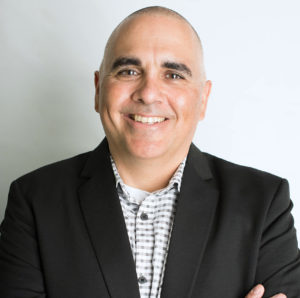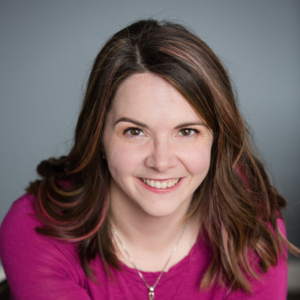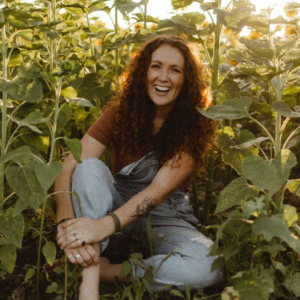Tasha Booth is not only an OBM who helps her clients launch their courses, podcasts and systems that business owners need to launch their businesses, but she also helps VA’s and OBM’s scale profitable businesses.
She teaches entrepreneurs how to start as a VA, get to the next level as an OBM, and scale to an agency model. She not only followed this method herself in her own business, but she now teaches others how to do it as well.
Tasha and I talk about:
- How Tasha saw an opportunity to step in that led to a side-hustle that quickly replaced her day job income
- Tasha’s journey to building a “business in a box” agency
- Why you should be proactive in hiring and not reactive
- The first steps for creating standard operating procedures
- The thing you should do to make your business dreams a reality
- Some of the common roadblocks that keep you from getting started
- Her best advice if you are struggling to get traction in your side hustle
- The belief Tasha had to change about herself to get where she is today
My favorite quotes from Tasha:
- “What I realized quickly were was that the things that were simple for me and that came easy to me did not come easy to everybody”
- “We need to open our minds to what's possible”
- “I want quality clients who are going to treat me well, who are going to value my services and everything. That means that I start with valuing myself and valuing what I can bring to the table for them.”
- “Even if you think you're talking about your business until you're blue in the face, you can probably do it a little bit more”
Bio:
Tasha Booth began her journey in the online business space five years ago as a virtual assistant when she decided she was tired of living an ‘ordinary’ life on someone else’s terms. As her business grew, so did her commitment to helping others figure out how to make the life they craved a reality.
Now, whether she’s leading her team of 18 to support established coaches and course creators as the Founder and CEO of The Launch Guild agency, coaching virtual support professionals as they start and scale their own business, or hosting the ‘How She Did That’ podcast for VAs, OBMs, and project managers, Tasha is always helping other entrepreneurs live more fully in their zone of genius.
When she’s not supporting her team of 18, she proudly spends her time as an Air Force wife to her husband Scott, stepmom to Grace and Meredith, and work from home dog mom to Stanley and Boomer







